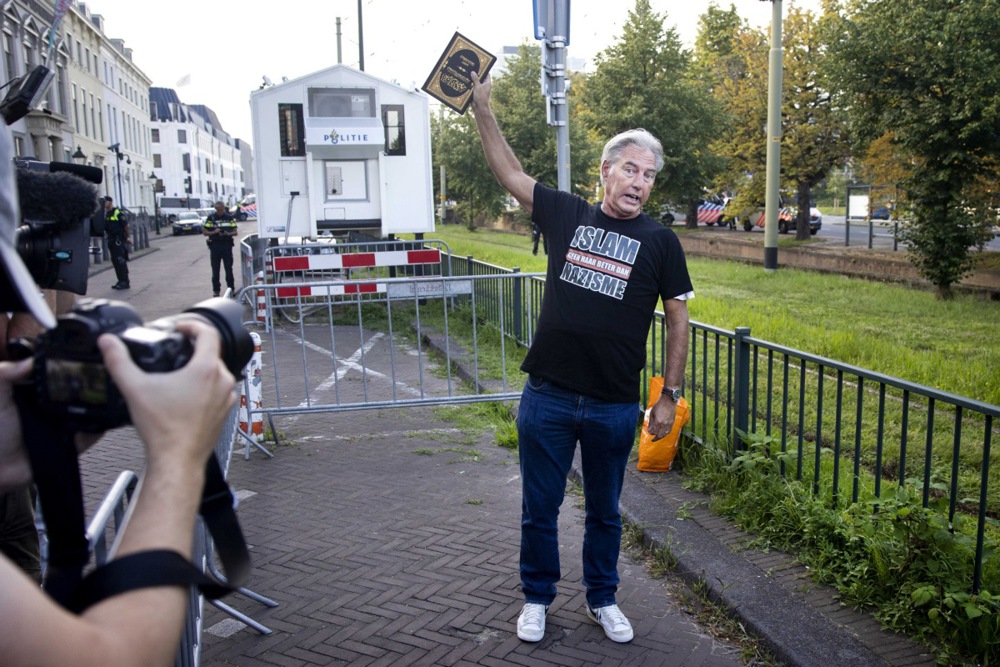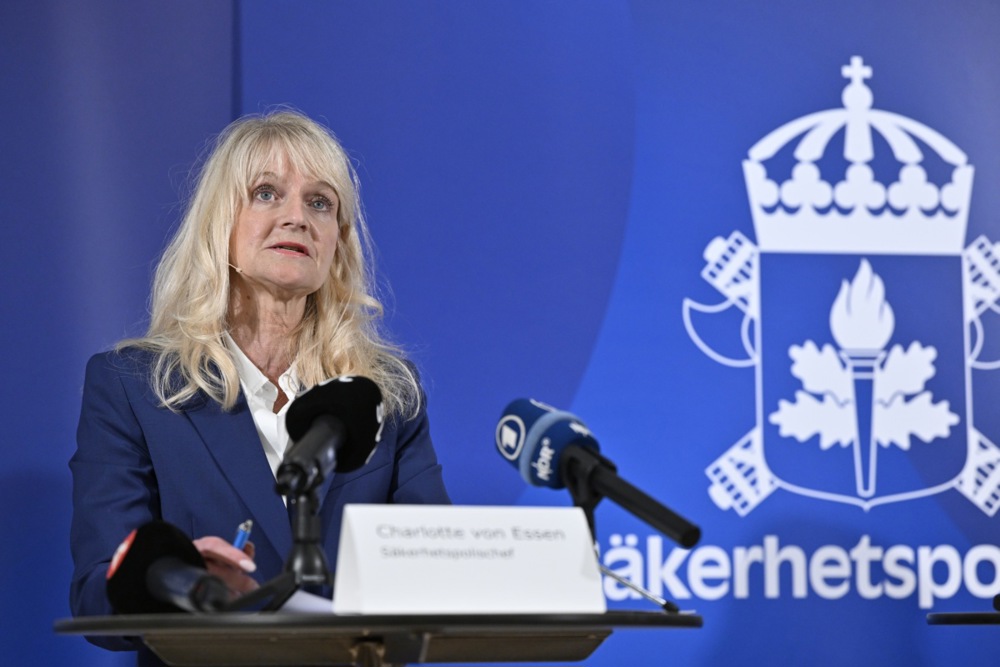In a move intended to counter radical Islam, Kazakhstan’s President Kassym-Jomart Tokayev has signed a bill banning women from wearing face-covering veils in public.
Face-covering veils make it harder for law enforcement to identify people, which in turn poses risks to public safety, says Kazakhstan’s government.
After the law takes effect, items of clothing covering the entire face can no longer be worn in public.
There are exceptions, though, for people with specific medical needs, or during severe weather conditions. There are also others for civil defence and cultural events.
Kazakhstan’s government argues “foreign” religious clothing covering the face does not align with the country’s secular principles or historic traditions.
In March 2024, President Kassym-Jomart Tokayev described the niqab as an outdated form of clothing, imposed on Kazakh women by radicalised individuals. It contradicts the nation’s traditional values and national identity, he said at the time.
“Rather than wearing face-concealing black robes, it’s much better to wear clothes in the national style,” Tokayev added.
“Our national clothes vividly emphasise our ethnic identity, so we need to popularise them comprehensively,” he said.
Two years ago, the Kazakh government had already taken the step of banning headscarves in school, saying they contravened school uniform policies.
Around 70 per cent of the country’s inhabitants are practising Muslims.
The ban against face-covering clothing is in line with similar policies adopted among Kazakhstan’s neighbours.
In 2023, Uzbekistan introduced its own public ban on wearing the burqa, with its Ministry of Justice citing as the primary justification the need to maintain public order and safety.
That decision was also framed as part of a broader effort to uphold secular values and social cohesion within the Central Asian republic.
In the same year, an identical law was passed in Tajikistan, while Kyrgyzstan saw a similar proposal tabled in its parliament.
These measures have often drawn criticism though from human rights organisations, arguing the bans risk marginalising religious communities and infringing on individual liberties.





